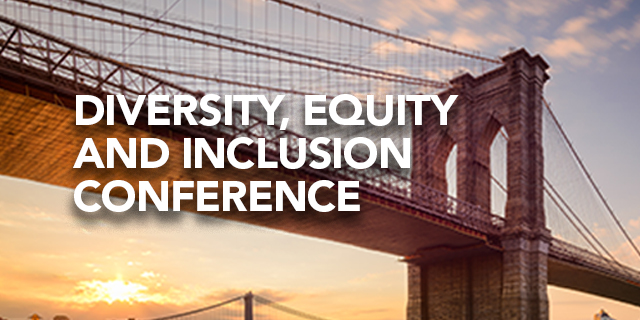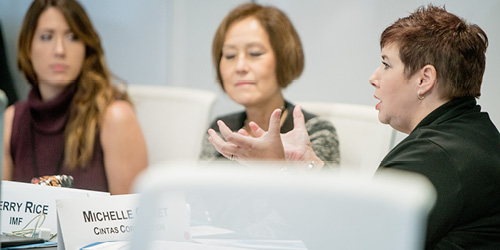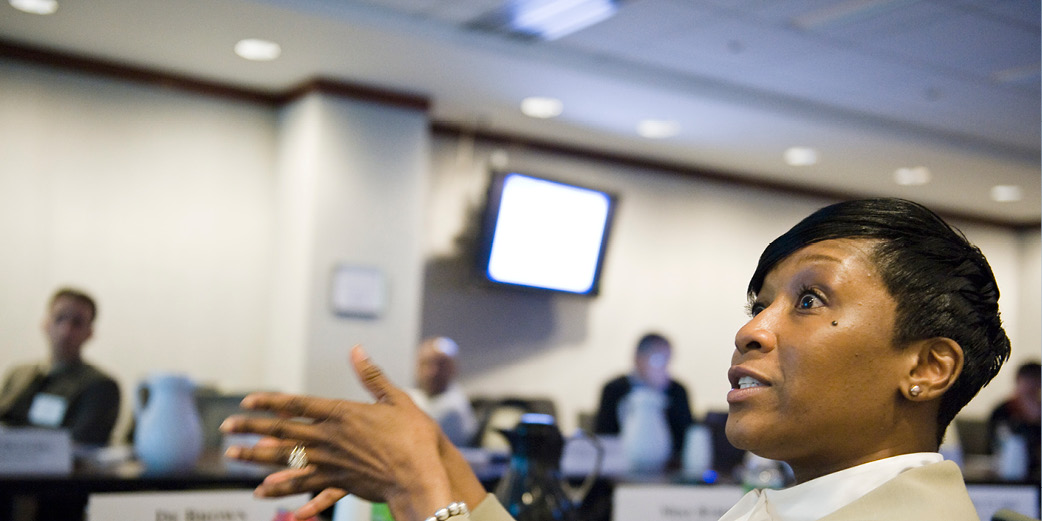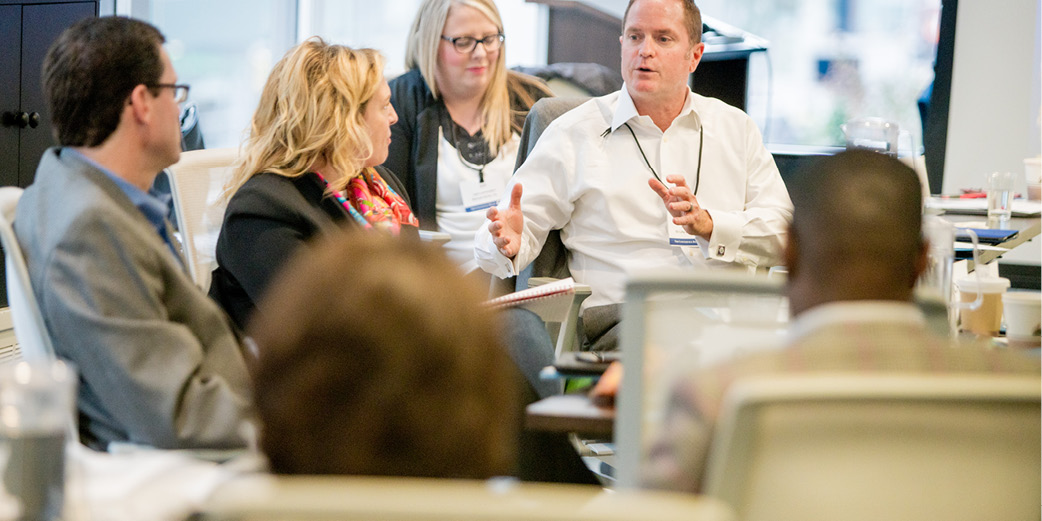Generations And The Workplace Of The Future
01 Apr. 2014 | Comments (0)
![]()
It’s 2024 – what is your workplace all about?
Hint – it’s not the technology…
I’m a proud member of Generation X (and yes, I remember that this is how Billy Idol got his start), and, in the organizations we work for, my generation and I are beginning to move into positions of leadership. If the research is to be believed, this should mean that we would feel best and most aligned with our generational “values” if we could be part of workplaces that allow us to be independent, autonomous self-starters.
Yet, if we take a look at the trends from companies already led by Gen-Xers (Yahoo! comes to mind), we appear to see a shift back to more traditional, office-based types of workplaces. Is this what is really happening? The reality isn’t quite that clear, nor quite that deliberate or meaningful, in and of itself. It’s all part of the evolution of the workplace towards being incredibly diverse, totally global, and largely virtual. This transformation won’t take place all at once, however, nor will we see a cataclysmic shift into an entirely new model. This is because it is not just about a change in the “physical” nature of our workplaces.
Like all human systems, the workplace of the future is about an evolution and an emergence of some key “new ways of working” that are all about how to engage and drive performance among a diverse and global group of employees in a world that is uncertain and constantly changing.  Let’s look 10 years into the future. We already have some pretty interesting indicators of what we might see. New approaches and philosophies around work are already emerging as a new generation of employees joins the workforce, as companies globalize, and as new industry sectors (technology, alternative energy, logistics/supply chain, finance and capital flow) mature into their own unique models of work. What might be part of the workplace of 2024?
Let’s look 10 years into the future. We already have some pretty interesting indicators of what we might see. New approaches and philosophies around work are already emerging as a new generation of employees joins the workforce, as companies globalize, and as new industry sectors (technology, alternative energy, logistics/supply chain, finance and capital flow) mature into their own unique models of work. What might be part of the workplace of 2024?
1. It’s about accessibility, not presence: Marissa Mayer in 2013 was right – get the right people connected to do the work that needs to be done. If you can’t get them connected in a way that makes sense to the organization, bring them in house. There is plenty of technology to support remote work, but sometimes you just need to get people face-to-face to unlock the creativity and innovation needed to solve tough problems.
2. Every business is a start-up: Workplaces of the future will operate like start-ups – unclear governance structures, short time frames, high expectations. This will need to be managed with the same combination of hands-on supervision and workplace flexibility that an angel investor uses to manage a start-up.
3. Culture, culture, culture: The workplace of 2024 is diverse and multicultural. Table stakes for success will be aware, inclusive leaders leverage all this diverse talent.
4. “Disintermediated” communication: In 2024, nobody communicates through a hierarchy unless they have to. They take the message right to the recipient, or they broadcast it to all and sundry (and there will be plenty of technologies to get this done on all kinds of platforms). Organizations will need to step back from the traditional notions of “working it up the chain” and allow for the employees of the future to have conversations at any and all levels of the organization.
5. It is NOT about social media: In 2024, social media will be fundamentally embedded into the fabric of our private and professional lives. Workplaces of the future don’t worry about replicating this for a work environment, because it will be how communication is done. However, getting to this point will not be easy. Organizations will need to learn how to set boundaries. At work, you'll need to open the pathways for communication (see above) and allow for social networking, but don’t try to pull this in-house and assume that if you create a social media platform, your employees will stop using social media. It already doesn’t happen this way in 2014…so don’t expect this to go away.
So, by 2024 my generation will be stepping aside to allow today’s millenials to step into leadership roles. We know the nature of work in 2024 will evolve, but will our leaders evolve along with their workplaces as the generations shift?
This blog was adapted from an article published in Wired Magazine on 5/31/2013.
View our complete listing of Strategic HR and Talent Management blogs.
-
About the Author:David Lange

David Lange is a Senior Fellow, Human Capital at The Conference Board. In this role, David supports the Human Capital Practice which includes The Conference Board Human Capital Exchange™, resear…











0 Comment Comment Policy